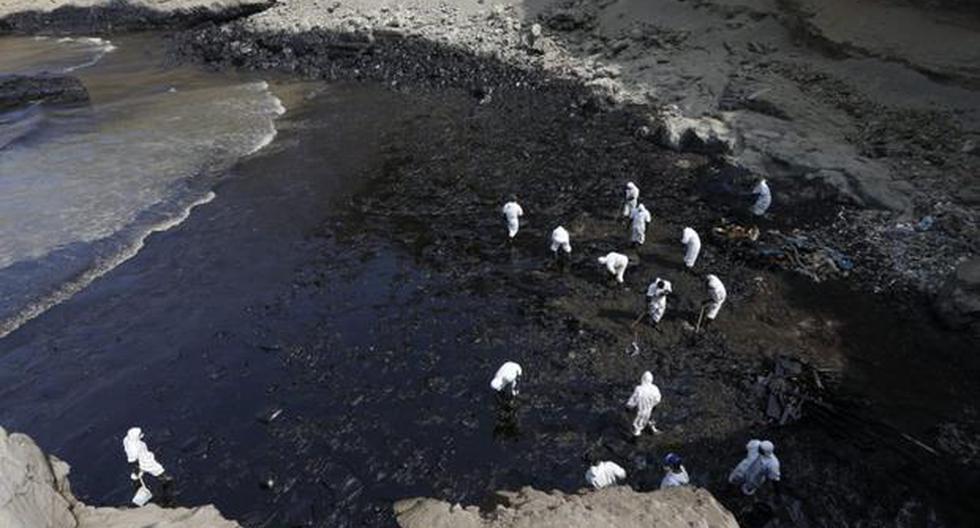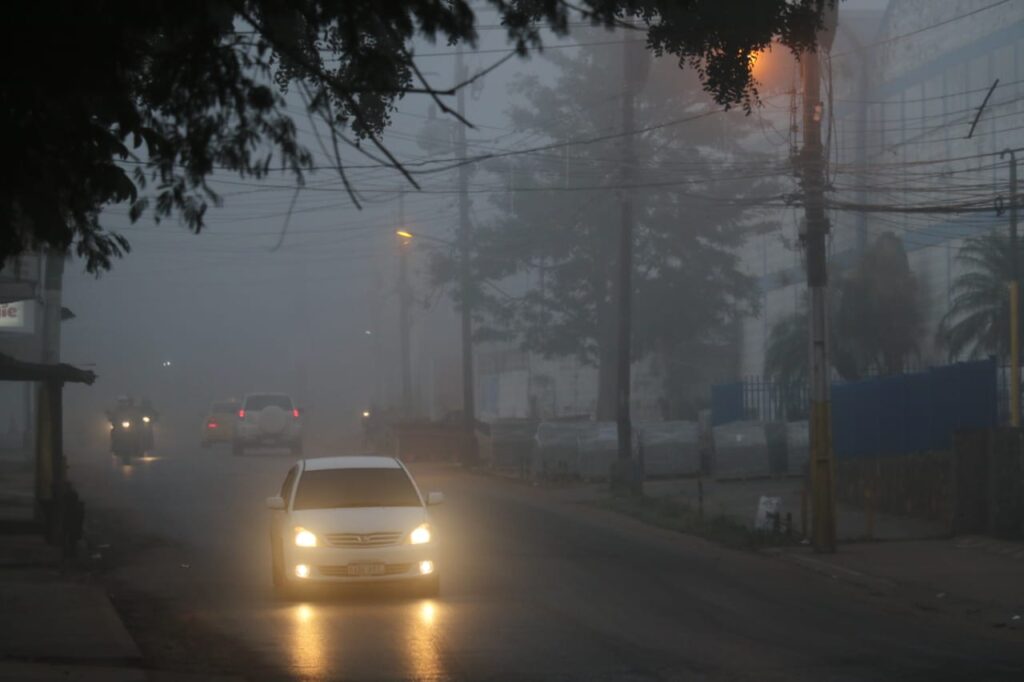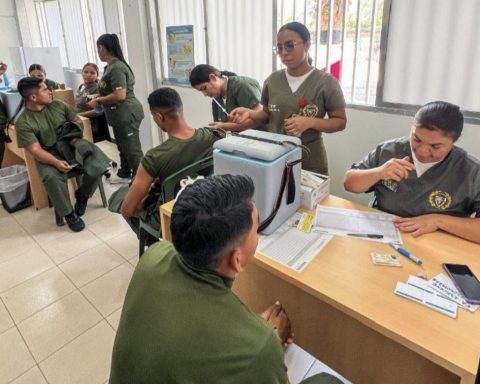The spill of oil in the seas is a tragic accident with disastrous and, in some cases, irreversible consequences for our ecosystem. On World Oceans Day, which is commemorated on June 8, we remember that in the last month of January, more than eleven barrels of crude oil were spilled and mainly affected marine hydrobiological species.
Although to date clean-up work has been carried out passively in the coastal areas affected by the oil spill, this fact has resulted in low activity in artisanal fishing, since the typical species that support said work have migrated to other areas where they can ensure their life cycle.
For the biology specialist and professor at the César Vallejo University, Paolo Amaya Alvarado, the magnitude of this disaster shows that living resources have died and that the ecosystem has been affected from an ecophysiological perspective. “The physical-chemical and biological processes will not be the same; hydrobiological marine species such as aquatic mammals and seabirds have been abruptly affected”, he mentioned.
Impact
The area affected by anthropogenic damage reflects the infrequency of treatment to recover that part of our sea. For the specialist, this little interest could bring the following consequences:
- Loss of an ancestral activity in the area, such as artisanal fishing.
- Loss of ecotourism in the affected area.
- Possible public health conditions in the short, medium and long term.
- Contribute to climate change.
Paolo Amaya urged us to reflect on the importance of this celebration for World Oceans Day, since we remember the important role that the seas have in daily life: they are the lungs of our planet.
“The purpose of this day is to raise public awareness of the consequences that human activity has for the oceans and to launch a global citizen movement in favor of the oceans. This day wants to mobilize and unite the world population around the goal of sustainable management of the oceans, which are an important source of food, medicine and an essential part of the biosphere.”, pointed out the specialist.
:quality(75)/cloudfront-us-east-1.images.arcpublishing.com/elcomercio/NO6WOKBBW5CUDF5AROO7ZBTRSA.jpg)
Three Facts You Didn’t Know About Ocean Pollution
The responsibility of citizens standing up for the preservation of the oceans focuses on the commitment we have to generate actions that have a positive impact on ecosystems. These actions range from not polluting the oceans by throwing garbage in them to making impact purchases, prioritizing those brands that have biodegradable, recycled or spare parts packaging.
“The environmental impact continues to degrade the oceans and it is necessary that, from our sector, initiatives are promoted to counteract this situation. At Natura we promote the use of Kaiak Ocean and Kaiak Vital, both men’s and women’s perfumes, whose packaging is made up of up to 50% plastic collected from the coasts. In addition, the bottles of all the fragrances in the Kaiak portfolio are already made with up to 30% recycled glass and organic alcohol.”, Fiorella Solari, Natura Marketing Manager.
Within the framework of this day, Natura, a brand committed to the well-being of the ecosystem, shares three facts that you did not know about the pollution of the oceans, which we recommend you take into account in your daily routines:
- Marine life: Plastic in the ocean is a threat to marine species because it kills more than a million birds every year, as well as more than 100,000 marine mammals, according to UNESCO. There are animals such as fish and turtles that get entangled with plastic waste and others that ingest it, causing inevitable death.
- Food contamination: Plastic waste that ends up in coastal waters can accumulate in marine organisms and through the food chain become part of the fish feed, which affects human health as they are consumers of contaminated fish and shellfish.
- Reduction of plastic consumption: According to the United Nations, 80% of marine litter comes from land sources, mainly from plastics associated with food packaging, everyday products and beverages. Currently, it is proposed to reduce the production and consumption of plastic by 20% on the island by 2030, a proposal that commits each person to transfer their daily consumption to responsible products with a positive impact on the preservation of ecosystems.
:quality(75)/cloudfront-us-east-1.images.arcpublishing.com/elcomercio/PS73SYSC3BEG7JJ7CB4EC5YZDE.jpg)
RECOMMENDED VIDEO
BLACK WATER: the tragic story of the fishermen after the oil spill
:quality(75)/cdn.jwplayer.com/v2/media/4D42sUS5/poster.jpg)


















